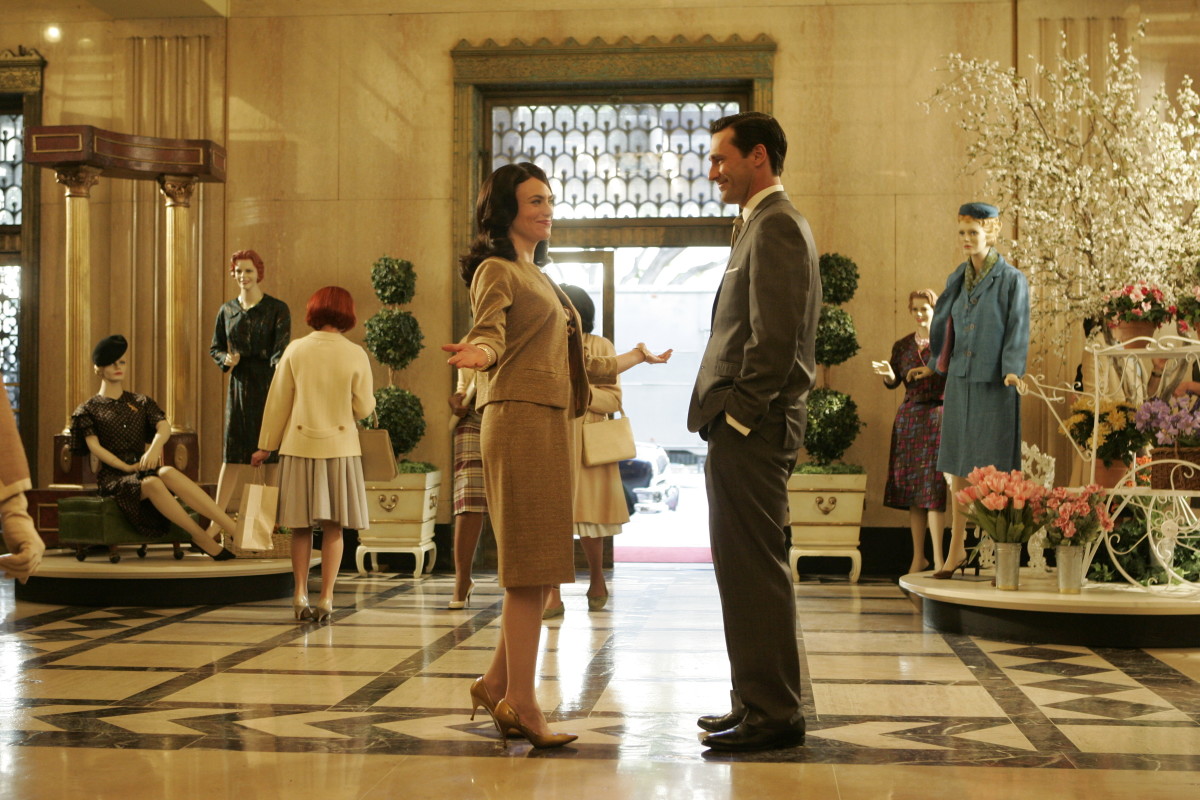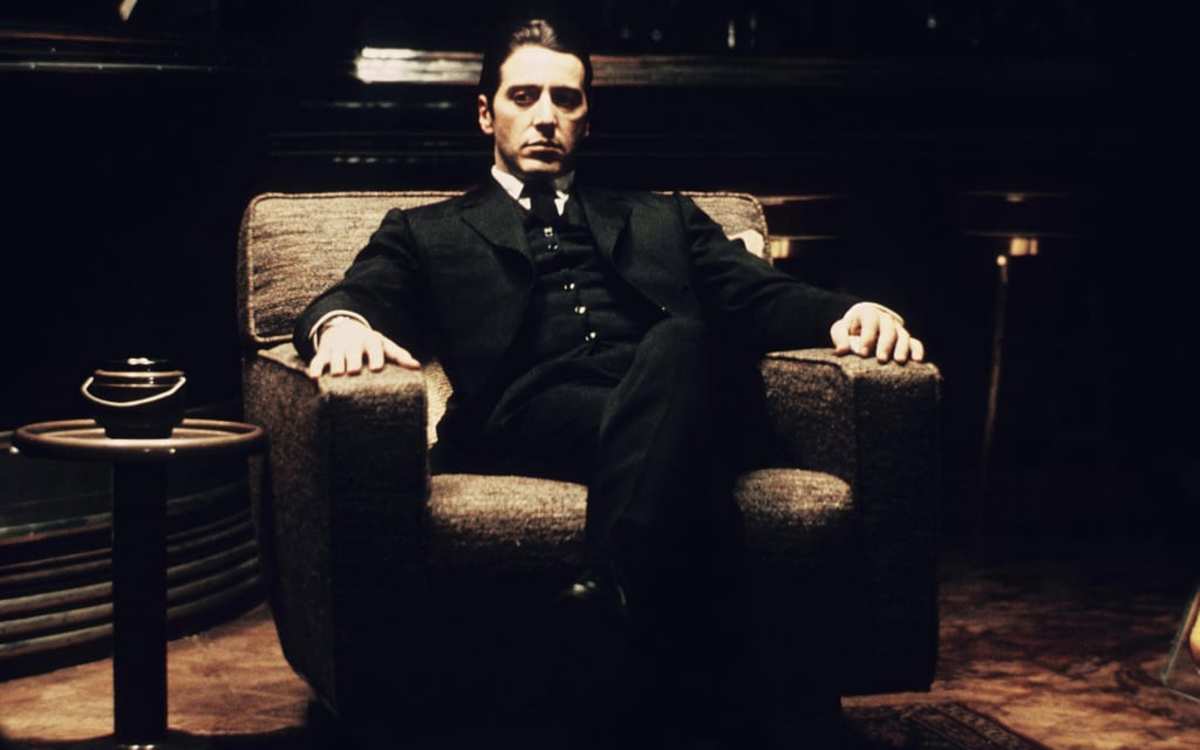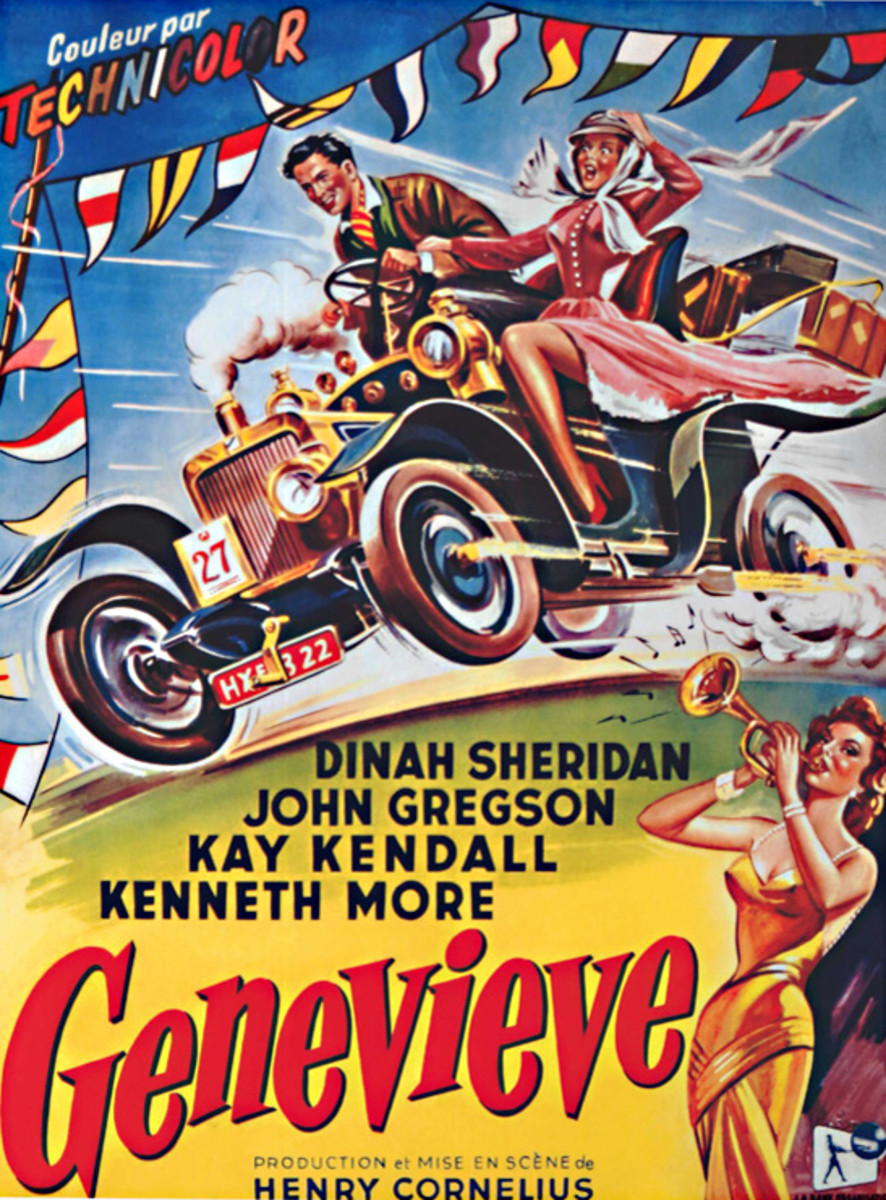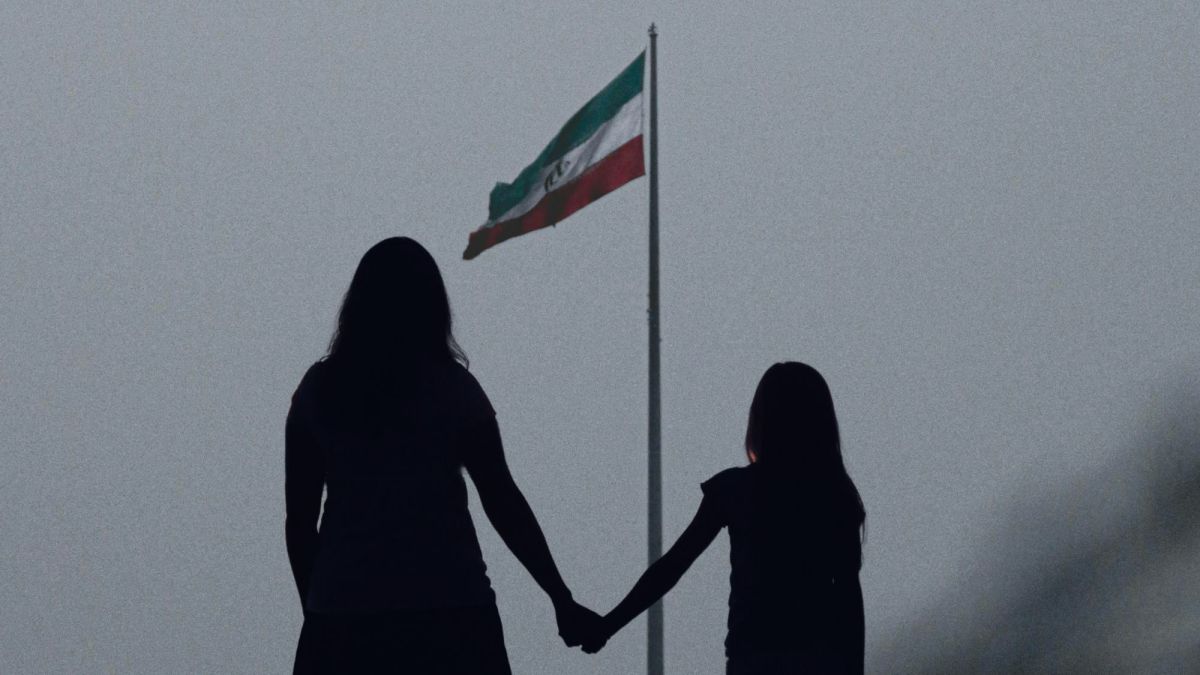My Favourite Women
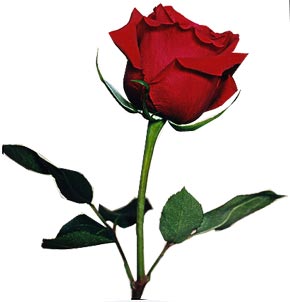
They represent courage, tenacity, and determination under the most extreme of circumstances. At first they had no choice, later on their chores became part of life and the living.
The first I used to go to meet at Heathrow in London. I was only a minor, no more than 15 years. I would be waiting for her in the waiting area outside customs. It was the 1970s, a period of relaxation.
She didn't know a word of English, yet she got on the plane in Kuwait, and I didn't know how she wrangled herself out of immigration in London. She would appear smiling and shaking hands as if the world needed to be grabbed by the horns.
She was a short, plump bustling woman trying to make it in the fashion business. I would go around with her to the stores, and traders in London, and act as a kind of translator.
Once she got excited over business deals, she would leave me high and dry and take over the translation, imitating with her hands, and using the kind of gestures as if to say this kind of wear only costs that much and I will not pay any higher.
Although seen as a little kid, she would embarrass me, and I would tell her so, but she wouldn't listen, didn't care, didn't take no for an answer. One day she insisted on buying a dress item that was only there for show.
The other woman just had the same tenacity and sense of determination after she was forced out of her village in Palestine during the 1967 War when Israel took over the West Bank and the Golan Heights.
She and her family was one of the hundreds of thousands displaced during that period. Much later her son would tell me about their displacements and how difficult it was living on the outskirts of Amman.
Because, the older brother, couldn't bear the situation and left back to the West Bank it was left to the second son to take care of the young family. He must have been about 11 by then, but felt he was the oldest.
"I had to do it," he says. It was tough times back then as the father, a horse policemen working with the authorities in Jordan, was stationed in what was then the country's outback, Maan in Jordan's deep south.
Of course, today, it’s a couple of hours drive, but back then it was an eternity, and the father came home every couple of weeks. That's why the boy very quickly became a man.
He was sturdy, his mother depended on him, did the chores, shopped for the vegetables and looked after his younger brothers and sisters. Him and his mother developed a bond of unbreakable friendship even when the family members increased, grew up and the siblings went their separate ways.
The woman had been a fighter. In the final count she bore 13 children, discounting the two or three miscarriages. It was ordinary like the rest of Palestinian families who did, and still do have large families, with the ongoing joke being these kids are good to fight the Israelis when they grow up so that Palestine can be returned!
She brought up her kids through pain and toil, made sure they were always fed, had proper education, and later on good jobs. Her husband had a meager salary, but that was too bad, they had to live within their means.
During its hay day as well, the family house was a great place of hospitality, a sojourn that other families, relatives and friends would stop by when visiting Jordan and/or on the way to occupied Palestine.
With the hospitality was the food and with the food came the sleeping, breakfast, lunch and dinner. The lady of the house, her husband and children were always friendly and went out of her way to be so.
Similarly, the fashion businesswoman, which in the end switched to catering for brides, protruded similar experiences. She and her sister and their husbands made it into Kuwait in the 1960s, having crossed from Hebron.
The two men had an up-and-coming but slow contracting business that involved painting and decorating people's houses. In the end however, it was thumbs up to the girls, they had the panache and tenacity to make it in a man's world.
The businesswoman especially, had the ability to twist anybody around her little finger. She was able to make her family, allow them to grow and be counted while she increased her purchases and sales. She knew what people wanted and got them, leaving London by now and going to places as Paris and Hong Kong with her grown up son.
As I grew up, I watched what was happening from afar. I remembered thinking she was bossing her son the same way she did to me in the alleyways past Oxford Street and Oxford Circus.
I liked her, she was nice and good-natured, although always a boss, but I think she needed to be to make it in this world. The woman in Jordan on the other hand remained a housewife, systematically making sure her family unit ticked like clock-work, lowering her eye sights to the house, but it doesn't mean that she was less determined and resourceful.
One died in Amman, months after the year 2000. She and her family had left Kuwait in 1991 after Saddam Hussein invaded the country. This would probably be a second displacement for them. She died alone, it was a small Islamic service, not many people were there apart from close family and friends.
After all, I thought she is not a politician, policy-maker, royalty, nor of any prominence to be given a big send off, she was plain salt of the earth type of person. But in her own right, she was probably all these, writing her name into history by her sheer force and imprint running across continents in search of a living.
The other woman died recently. She too, an ordinary person, itched her name into history, providing the link and the chain for future generations through her sons and daughters.
It is a memory of two women that can be generalized all over the world. It is they who have that special tick to carry life within their beings.


